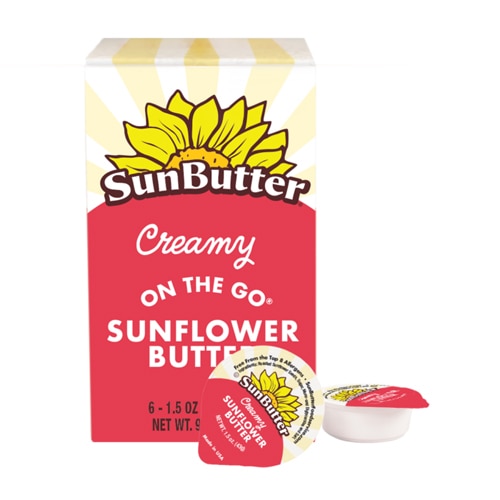Good news for kids and adults: A new study underscores the value of a simple and effective test to determine whether they’re allergic to milk, eggs, shellfish and other foods.
The study, published in September 2017 in the American College of Allergy, Asthma and Immunology’s research journal — Annals of Allergy, Asthma and Immunology — shows a test known as an oral food challenge is “extremely safe” for diagnosing food allergies.

According to the American College of Allergy, Asthma and Immunology, this is how an oral food challenge works: Under the supervision of a board-certified allergist, a patient puts a small amount of the suspected food in his or her mouth only once to test for a severe reaction.
The study looked at the results of 6,327 oral food challenges, with most of them taken by people under age 18. Among those tested, only 2 percent experienced a severe allergic reaction, known as anaphylaxis, and just 14 percent had any sort of reaction.
The study indicates an oral food challenge is safer than previous studies had concluded. Dr. Kwei Akuete, an allergist who led the study, calls oral food challenges the “gold standard” for detecting food allergies and says they should be used routinely for such diagnoses.
“Oral food challenges are a very important tool for anyone who wants to know if they have a food allergy,” Akuete says in a news release.
Dr. Carla Davis, an allergist who was the senior author of the study, says that if someone puts off taking an oral food challenge, he or she could be needlessly eliminating certain foods from their diets. That could lead to nutritional deficiencies, especially among children.
“Food challenges improve the quality of life for people with food allergies, even if they are positive,” Davis says in a news release.
“It’s important to have an accurate diagnosis of food allergy so an allergist can make a clear recommendation as to what foods you need to keep out of your diet,” she adds. “And if no allergy exists, that clears the way to reintroduce foods you may have thought were off-limits.”
An oral food challenge isn’t the only test for detecting a food allergy. Also available are a skin test and a blood test, but the Baylor College of Medicine says neither of these tests is entirely accurate and recommends the oral food challenge as the best testing option. However, the American College of Allergy, Asthma and Immunology says that if done properly, a skin test or blood test can rule in or rule out a food allergy.
Yet while a skin test or blood test might indicate someone is allergic to a food, he or she might not exhibit any symptoms, the allergists’ group says. Therefore, an allergist might order a challenge test. In this test, the patient eats or drinks small amounts of the suspected food, in increasing portions over time, to see whether an allergic reaction happens.
A challenge test isn’t always an ideal method for determining a food allergy, though. Melissa Eboli, a certified nutritional chef and certified nutrition and wellness counselor, says she’s allergic to dairy and gluten and wouldn’t be able to tolerate a challenge test for either food item.
“If I had to have it even just once, I’d be sick to my stomach — let alone for two weeks to see if I’m allergic — and I’d never even survive it,” Eboli says.
Eboli also notes that in some cases, a person might not be allergic to a food item itself but, instead, is allergic to pesticides or preservatives in the food. For instance, Eboli says she’s allergic to shellfish because of sulfites and other chemicals added to them. Sulfites are used as a food preservative.
No matter the cause, food allergies affect millions of Americans. A study released in May 2017 found 3.6 percent of Americans have documented food allergies.
Researchers at Brigham and Women’s Hospital in Boston based that conclusion on an analysis of over 2.7 million electronic health records. They identified more than 97,000 patients who had at least one food allergy or food intolerance.
“Recent reports suggest that food allergies are on the rise, with more food-allergy-related hospitalizations in the U.S. over the last decade,” Dr. Li Zhou, a physician who led the study, says in a news release.
The scientific endorsement of oral food challenges along with other allergy-related research come at a critical time.
In August 2017, FAIR Health, a nonprofit that seeks to bring transparency to health care costs and health insurance, reported private insurance claims with diagnoses of anaphylactic (severe) food reactions soared 377 percent from 2007 to 2016. Two-thirds of those diagnoses were among children, and the rest were for adults.
Robin Gelburd, president of FAIR Health, calls food allergies “a growing national public health concern.”



